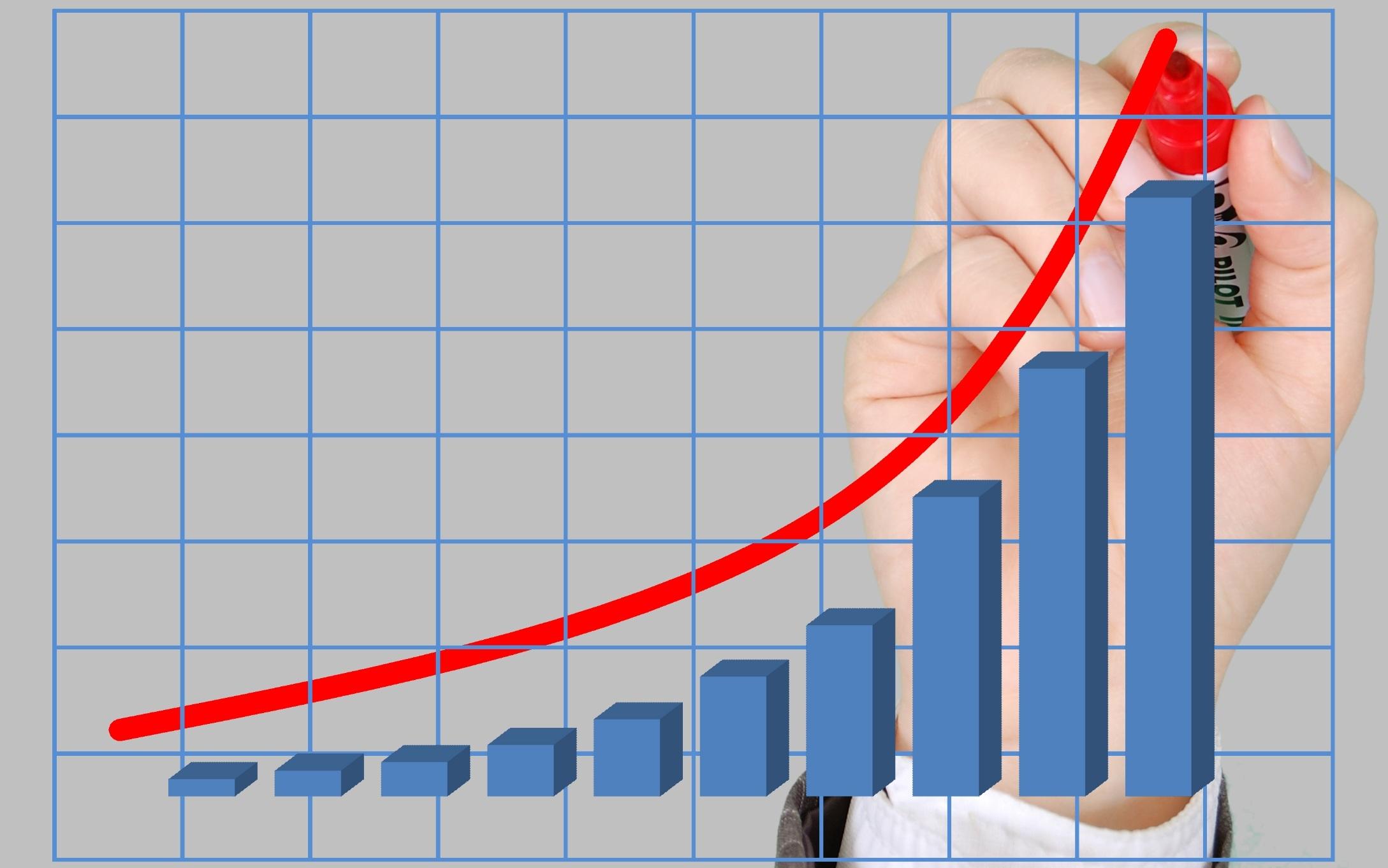The global economy is poised to slow this year, before rebounding next year, the International Monetary Fund (IMF) has said while pointing out that growth projections actually for India would remain unchanged from its October projection. Releasing the January update of its World Economic Outlook, the IMF announced that global growth is expected to slow from 3.4% in 2022 to 2.9% in 2023 and then rise to 3.1% in 2024.
“The global economy will slow down this year before rebounding in 2024. But a global recession is not in our baseline. The important factors shaping the outlook are: On the downside, Russia’s war in Ukraine and the global fight against inflation. On the upside, the reopening of China’s economy. Overall, we have a mild upward revision to our projections. The global economy has shown a lot of resilience. Labor markets are tight, household spending and business investment remain strong, and European economies proved quite resilient against the energy crisis.
“Global growth is expected to slow from 3.4% in 2022 to 2.9% in 2023. The slowdown will be more pronounced for advanced economies. China and India will account for 50% of global growth. Global headline inflation is expected to fall from 8.8% in 2022 to 4.3% in 2024. Core inflation, however, is more persistent and remains too elevated. To sum up, barring new shocks, 2023 could be the year of turning points, with growth bottoming out and inflation decreasing,” said Pierre-Olivier Gourinchas, IMF’s Chief Economist.
However, the risks to the outlook remain tilted to the downside, even if adverse risks have moderated since October and some positive factors seem more relevant. The IMF said it is expecting some slowdown in the Indian economy next fiscal year and projected the growth to 6.1% from 6.8% during the current fiscal ending March 31.
“Our growth projections actually for India are unchanged from our October Outlook. We have 6.8% growth for this current fiscal year, which runs until March, and then we’re expecting some slowdown to 6.1% in fiscal year 2023. And that is largely driven by external factors,” Gourinchas said.
“Growth in India is set to decline from 6.8% in 2022 to 6.1% in 2023 before picking up to 6.8% in 2024, with resilient domestic demand despite external headwinds,” IMF said. According to the report, growth in emerging and developing Asia is expected to rise in 2023 and 2024 to 5.3% and 5.2%, respectively, after the deeper-than-expected slowdown in 2022 to 4.3 percent attributable to China’s economy.
China’s real GDP slowdown in the fourth quarter of 2022 implies a 0.2 percentage point downgrade for 2022 growth to 3.0%—the first time in more than 40 years with China’s growth below the global average. Growth in China is projected to rise to 5.2% in 2023, reflecting rapidly improving mobility, and to fall to 4.5% in 2024 before settling at below 4% over the medium term amid declining business dynamism and slow progress on structural reforms.
“Overall, I want to point out that emerging market economies on the whole and developing economies seem to be already on their way up. We have a slight increase in growth for the region from 3.9% in 2022 to 4% in 2023,” Gourinchas said. “Another relevant point here is that if we look at both China and India together, they account for about 50% of world growth in 2023. So a very significant contribution.I want to say, we had a positive view on India in our October forecast. That positive view is largely unchanged.”
Though there are signs of recovery after the long-drawn Covid-19 pandemic, but the global economy is still not out of the woods. “The balance of risks to the outlook remains tilted to the downside but is less skewed toward adverse outcomes than in the October WEO. Some upside risks have become more relevant. On the downside, China’s recovery could stall with spillovers to the rest of the world. Inflation could persist at high levels, requiring even tighter monetary policy. An escalation of the war in Ukraine remains a major risk to the global economy, and a sudden repricing in financial markets could deteriorate financial conditions, especially for emerging and developing economies. On the upside, strong household balance sheets amid tight labor markets and robust wage growth could help sustain private demand. Easing of remaining supply bottlenecks, coupled with easing labor market pressures, could also allow for a soft landing with less monetary tightening,” added Gourinchas.
Gourinchas stressed that the global economic outlook hasn’t worsened but the road back to a full recovery, with sustainable growth, stable prices, and progress for all, is only starting.
“The fight against inflation has started to bear fruit, but the battle is far from won. Central banks need to raise real policy rates above the neutral level and keep them there until inflation is on a sustained declining path. Central banks and prudential authorities must closely monitor the buildup of risks and vulnerabilities, especially in the housing and non-bank financial sectors. Countries should also roll back the broad and untargeted support they provided households and firms to counter the cost-of-living crisis and instead adopt targeted measures to conserve fiscal space, allow the energy price signal to reduce energy demand and avoid overly stimulating the economy. More progress is also needed on orderly debt restructuring through the Group of 20’s Common Framework. Non-Paris Club and private creditors have a crucial role to play. Supply side policies should be used to reduce growth bottlenecks, improve resilience, alleviate price pressures, and accelerate the green transition. Finally, urgent action is needed to halt the forces of geoeconomics fragmentation and strengthen multilateral cooperation in areas of common interest; international trade, the global financial safety net, public health preparedness, and the climate transition,” said Gourinchas.


























